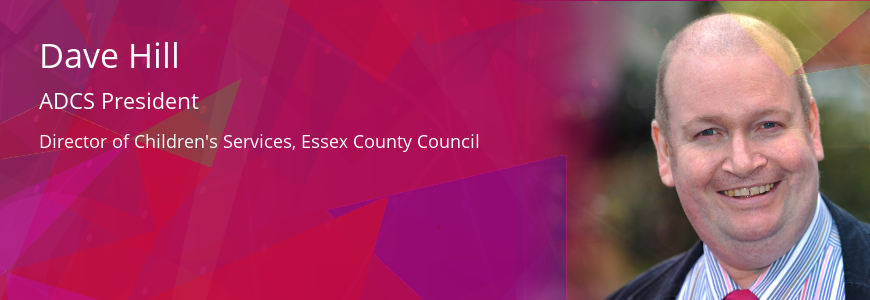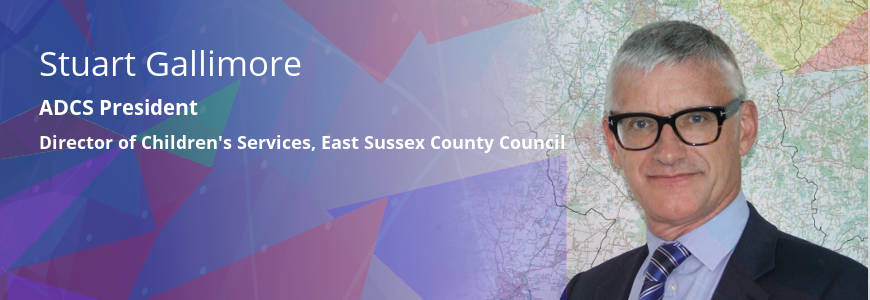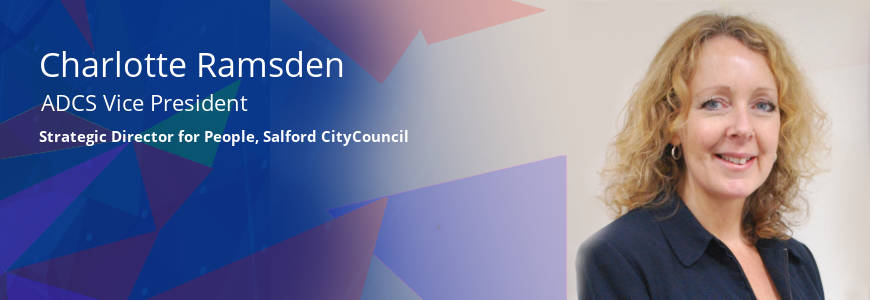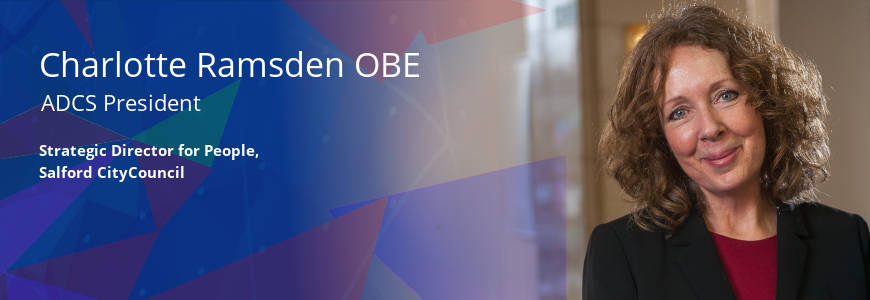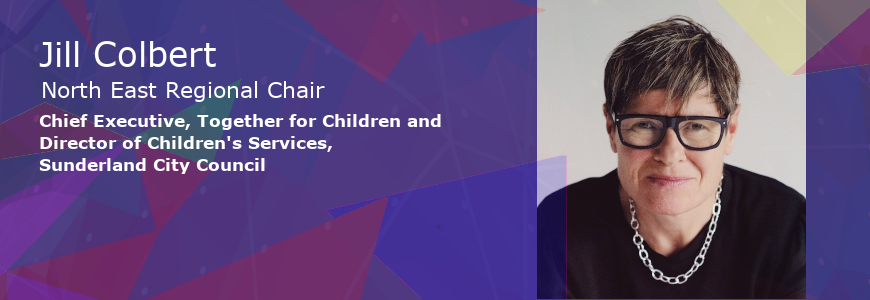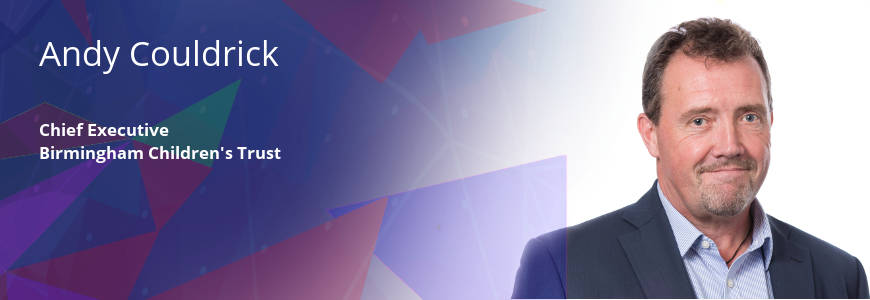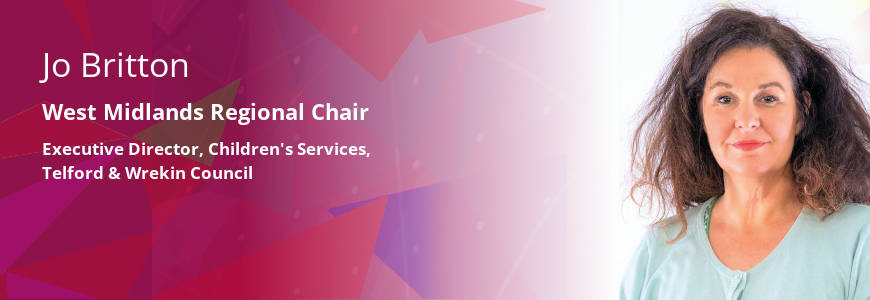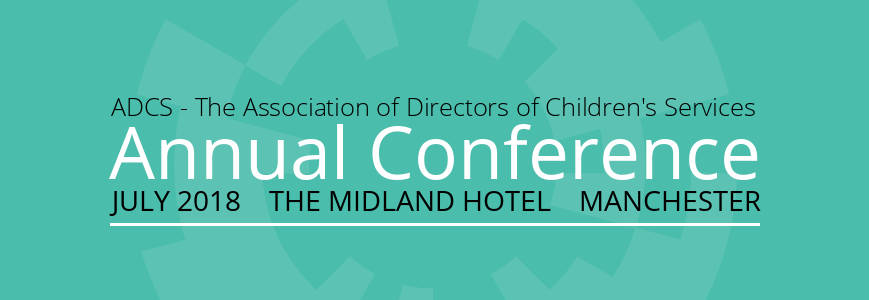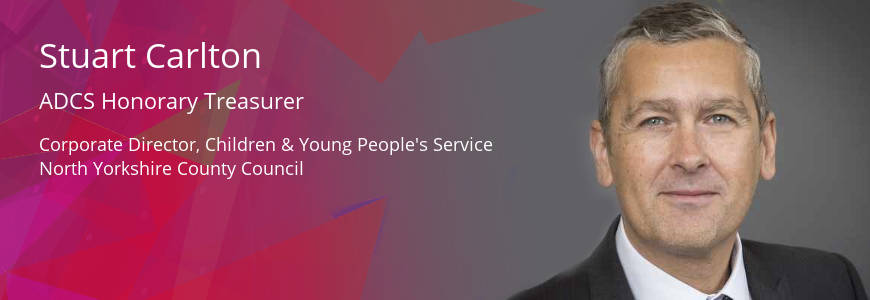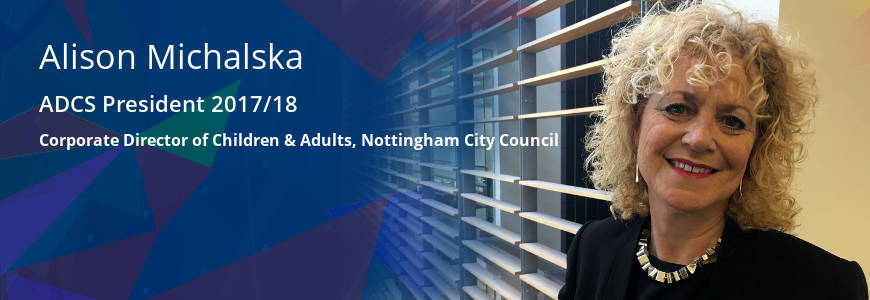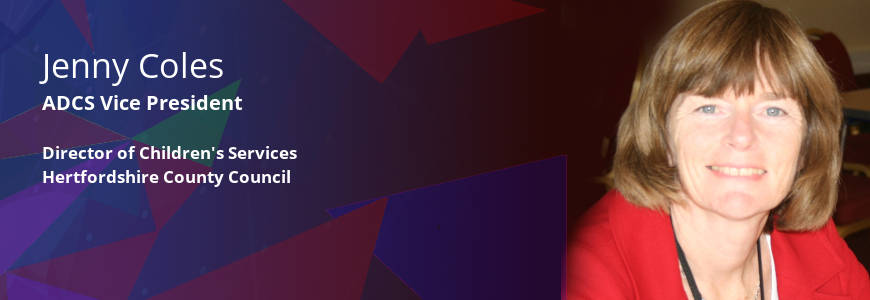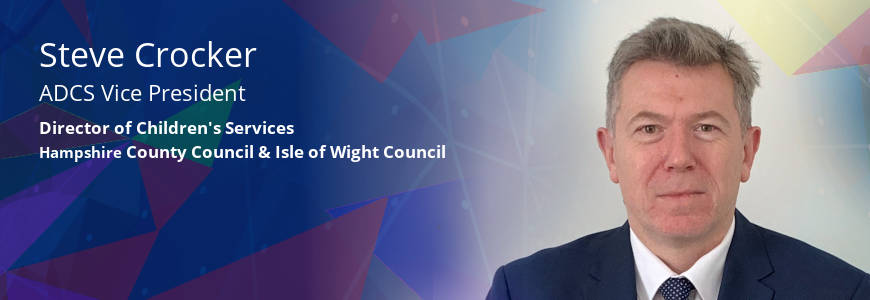The year ahead...
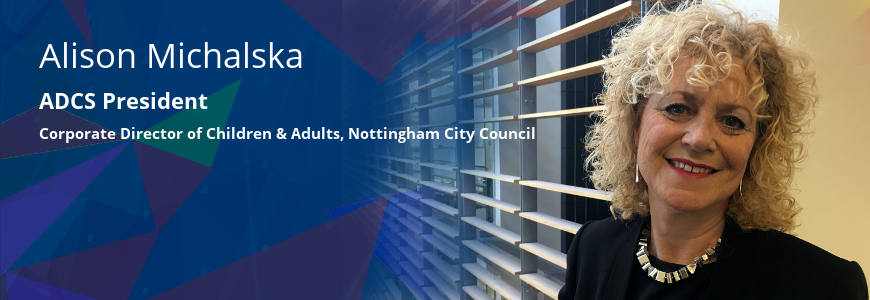
I want to start the first blog of 2018 by wishing you all a very Happy New Year. I hope that you managed to get a much-deserved break over the holidays and are refreshed and raring to go. To the social workers, doctors, nurses, paramedics, firefighters, police officers, foster carers and many others who were keeping people safe and caring for others over the festive period – a huge thank you. You play vital roles in our society.
Many of you will have spent the Christmas period celebrating with loved ones, exchanging gifts and eating a little too much! Christmas can also be a good time for reflection and the plight of an increasing number of children and families living in poverty, struggling to afford the basics, heat their homes or pay their rent were never far from my mind. Sadly, this is the reality for many and is in stark contrast to the jolly memories of Christmas many of us have.
It is unacceptable that in the next few years the number of children living in poverty is expected to exceed 5 million. I think we can all agree that one child living in poverty is one too many. I fear we are at risk of becoming desensitised to the deprivation that exists in our communities as we see homelessness and the number of families relying on local food banks rise. There is a danger this could become the accepted ‘norm’ - we cannot allow this to happen. The staggering levels of child poverty in this country must serve as a call to action for the nation to get serious about tackling this issue. England is the only country in the UK without a child poverty reduction strategy.
I have also spent some time in recent days reflecting on the deepening financial and demand pressures in our world of children’s services. Local government funding has been reduced at a time of rising demand for some of the most expensive child protection services. In Nottingham, we have seen our grant funding cut by half over the last three years. There is a similar picture across the country as local authorities are forced to prioritise keeping children and young people safe from the immediate risk of harm over providing help earlier and other vital services and facilities valued by local communities such as children’s centres and libraries. This coupled with reductions in other public agencies, including the police, health and education is having a clear impact on our ability to improve outcomes for children and young people. Preventive work to manage demand is the only way to secure a sustainable fiscal future of local government but more importantly, this investment is the best chance we have to turn around the lives of the most disadvantaged children, by closing the gap in terms of attainment, health and access to services. A preventative approach to improving children’s outcomes should be the golden thread running throughout all government policy now and in the future.
I don’t want to be all doom and gloom, New Year is also a time of hope and positivity. Despite the many challenges we face there is much to be celebrated in the world of children’s services. Ofsted’s latest annual report paints a picture of continuous improvement across children’s services departments and recognises the sterling efforts of dedicated staff up and down the country. In all my years of working in local government one thing rings true to this day – directors of children’s services and their local authorities remain relentlessly committed to working with others to deliver high quality services and improve outcomes for children, young people and families in their local areas. I was pleased to see the hard work and commitment of a number of familiar names recognised in this year’s New Year’s Honours list including Dave Hill, ADCS Immediate Past President, Alan Wood, Former ADCS President and Nick Whitfield, Chief Executive, Achieving for Children, to name a few. Well done all.
It wouldn’t be a New Year blog without a hope for the year ahead. I hope that government reaffirms its commitment to children and young people by listening to the concerns of ADCS, the LGA and others by urgently addressing the deepening funding gap facing children’s services, expected to be £2bn by 2020 whilst also reaffirming its commitment to preventative services for children, young people and families. Without this the greatest cost will fall on generations of children and young people.
Related Blog Articles
I was in a fascinating conversation with a policy type this week, apparently we...
In General
I continue to be amazed by the extraordinary efforts of the staff working in...
In Safeguarding & Child Protection
I confess that I love new beginnings - a new day, week, term or of course new...
In General
I want to take this opportunity to wish everyone a wonderful Christmas and a...
In General
As Spring elections approach, in the North East region we prepare for the birth...
In General
I write this on what is my third day outside of the local authority family for...
In General
November can be an odd month. We are not yet at the end of the year but are...
In General
The ADCS Annual Conference 2018 opened on Wednesday 4 July in a very sunny...
In General
What’s the purpose of auditing casework? I have been pondering this for a...
In General
I recently chaired a workshop on suicide prevention at the ADCS annual...
In General
Last week, Parents Against Child Exploitation (PACE) published a piece of...
In Safeguarding & Child Protection
It’s that time again when we will soon find out what budget challenges we will...
In Funding
I do love a quote. It is incredible that human beings throughout history have...
In Leadership
It’s 3:45pm on Monday 8 January and the cabinet reshuffle is in full swing....
In General
Well, goodbye 2021, I can’t say that I am sad to see that year go. Indeed the...

